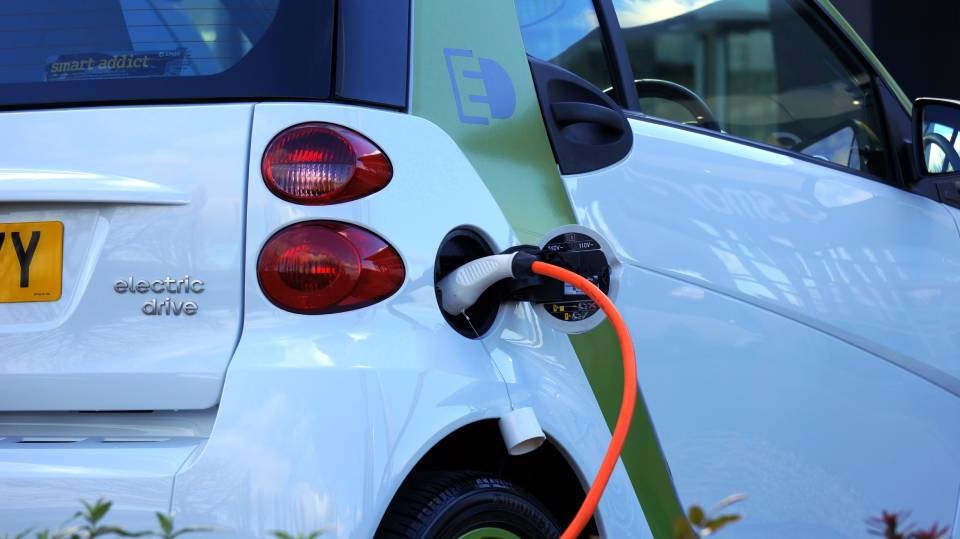Northern Ontario has been chosen to host a new innovation centre focused on developing technology for electric, connected, and autonomous vehicles.
The news came on Dec. 2 as part of a provincial announcement of $56.4 million in funding for the Ontario Vehicle Innovation Network (OVIN).
Few details are available about the proposed Northern Ontario centre, but it’s expected to be one of seven Regional Technology Development Sites located around the province.
The others are situated in Durham, Hamilton, Ottawa, Toronto, Waterloo, and Windsor-Essex. Each site concentrates its expertise on one element of the technology.
In Toronto, for example, the MaRS Discovery District will work on artificial intelligence for connected and autonomous vehicles in collaboration with the University of Toronto, Ryerson University, and York University.
The government said the new network is part of Driving Prosperity – The Future of Ontario’s Automotive Sector, its plan to “drive deals and secure production mandates for hybrid and electric vehicles, create a domestic battery ecosystem, and strengthen Ontario’s position as a North American automotive and electric vehicle (EV) innovation hub.
The initiative is being delivered in partnership with the Ontario Centre for Innovation (OCI).
“Together, OVIN and Driving Prosperity Phase 2 will support domestic parts producers, workers, and innovators across the province in responding to the global demand for electric and autonomous vehicles, and related technologies and infrastructure,” said Vic Fedeli, Ontario’s minister of economic development, job creation and trade, in a Dec. 2 news release.
“Right now across our province, over 300 businesses are already working on inventing the future of clean, connected transportation. Through OVIN, we’re continuing to invest in Ontario’s innovation ecosystem − making sure our innovators, entrepreneurs, and SMEs have the capital and support they need to bring Ontario-made EV and CAV solutions to the world.”
One of those is First Cobalt, which has plans to establish a “battery park” at the site of the former Yukon metals refinery, near the town of Cobalt, which would not only produce refined cobalt, but also recycle used batteries.
Additional plans involve producing nickel sulfate on the same site within the next few years.
Cobalt and nickel are critical metals used in the production of electric-vehicle batteries.
The company announced in September it had secured $45 million toward the US$60-million project, and First Cobalt expects to begin production in the fourth quarter of 2022.
According to the provincial news release, OVIN is its response to growing global demand for electric vehicle and autonomous vehicle technologies and infrastructure.
Other initiatives under the OVIN program include a fund for research and development into electric vehicle and battery technologies, a demonstration zone to enable companies to showcase their technologies to potential customers, and a talent development program to help attract sector expertise.




